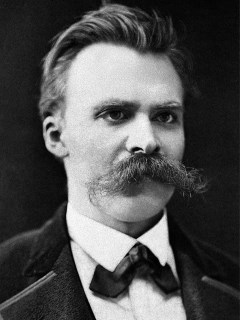

Science, value, and the ascetic ideal
pp. 169-177
in: Babette Babich (ed), Nietzsche, epistemology, and philosophy of science II, Berlin, Springer, 1999Abstract
This essay approaches Nietzsche's reflections on science — understood broadly as "rational knowledge-that" — by way of his reflections on the relationship between science and the ascetic ideal. The complexity of this relationship is disclosed by the fact that in the fifth book of The Gay Science and the third essay of On the Genealogy of Morals, we can discern an explicit or implicit (logically entailed) commitment to the following theses: 1) Science cannot tell why scientific knowledge is worth knowing. It needs an ideal to serve which secures its right to existence, its claim to value.1 2) This ideal situates science within a system of purposes which governs our understanding of the meaning of scientific activity, of the legitimate scope of scientific enquiry and of the nature of scientific method.2 3) Science is a tool in the service of the ascetic ideal.3 4) Science is the driving force in the historical development of the ascetic ideal; the intellectual conscience which maintains and refines the ascetic ideal as it evolves from one particular instantiation of the ascetic ideal to another.4 5) Science is the latest and noblest form of the ascetic ideal.5 6) Science is the kernel of the ascetic ideal.6 7) Science is an ally of the ascetic ideal but it could be otherwise — it could be an opponent.7



